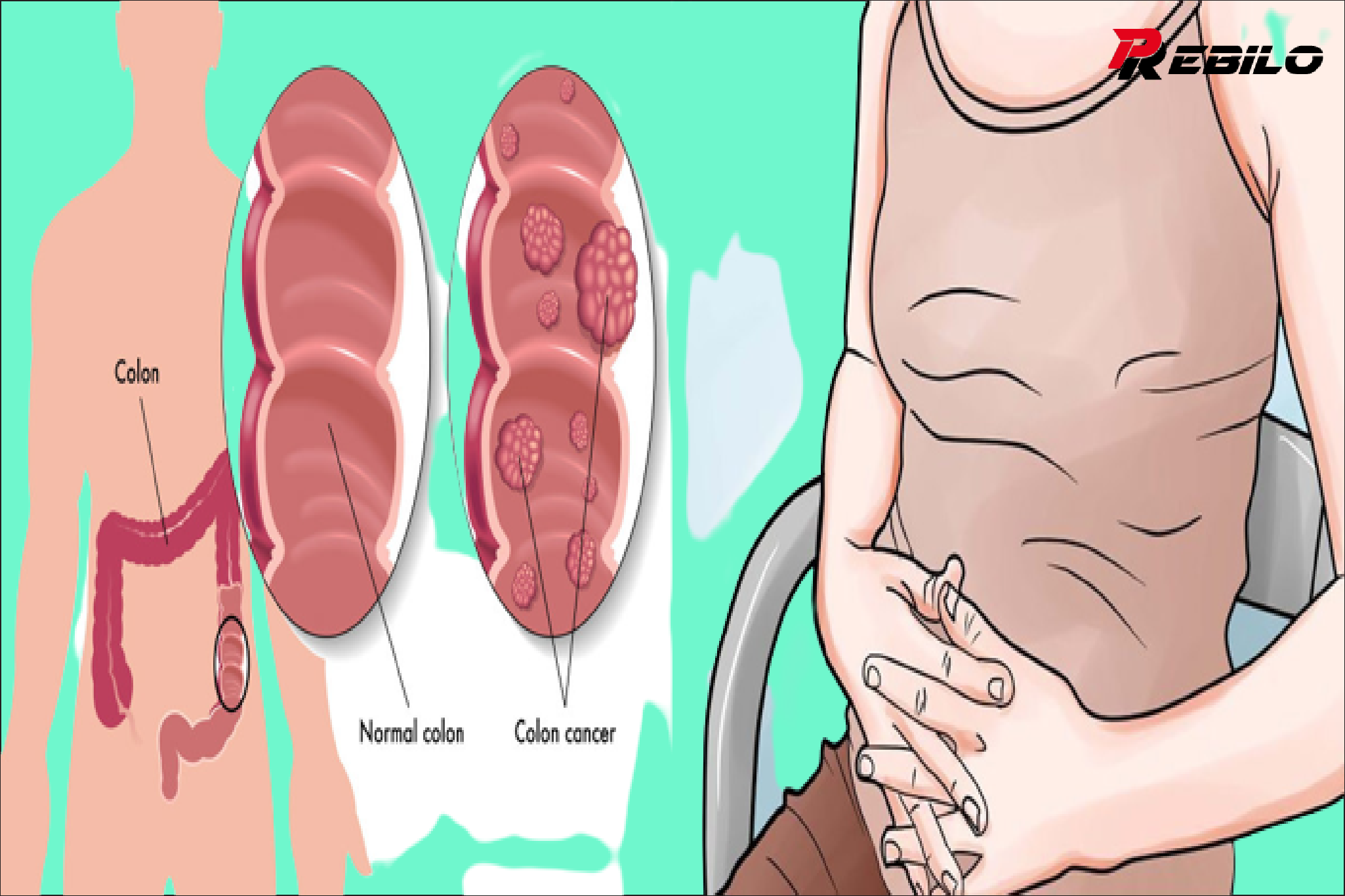5 unusual signs of colon cancer that many people have mistakenly ignored for years
While many people are aware of the common symptoms of colon cancer such as changes in bowel habits and blood in the stool, there are some unusual signs that may be overlooked or confused with other conditions. It is important to note that these signs can also be caused by various other factors, and their presence does not necessarily indicate colon cancer. However, if you are experiencing any of these unusual symptoms on an ongoing basis, it is recommended that you consult a medical professional for a proper evaluation. Here are five unusual signs of colon cancer that may be unintentionally ignored:
Unexplained anemia: Chronic or unexplained anemia, which is characterized by a low red blood cell count, can sometimes be a subtle sign of colon cancer. Colon polyps can bleed slowly over time, leading to iron deficiency anemia. If you are anemic without an obvious cause, it is worth investigating further.
Unexplained weight loss: Although weight loss is usually associated with various health problems, if you are losing weight without trying and it is persistent, it may require further investigation. Colon cancer can cause a decrease in appetite and unintended weight loss.
Persistent abdominal discomfort: Persistent abdominal discomfort, such as cramps, gas, or pain, that does not appear to be related to the usual digestive problems, may be a subtle sign of colon cancer. If the discomfort is persistent and unexplained, it is helpful to discuss it with your doctor.
Fatigue and weakness: Feeling tired and weak for no apparent reason can be attributed to many factors, including stress, lack of sleep, or other medical conditions. But in some cases, colon cancer may lead to these feelings due to the energy drain caused by the body’s fight against the disease.
Changes in bowel movements: While changes in bowel habits are a common symptom, pay attention to any unusual changes. This may include a feeling of incomplete evacuation after a bowel movement or persistent changes in stool consistency, such as thin, pencil-like stools. These changes could be an indication of a narrowing or blockage in the colon caused by a tumor.
It is important to stress that these signs can have different interpretations, and exposure does not automatically mean that you have colon cancer. However, it is always best to be proactive about your health. If you notice any persistent or unusual changes in your body, especially those that do not appear to have an obvious cause, it is recommended to consult a healthcare professional for a thorough evaluation and appropriate testing. Early detection and intervention are key factors in the successful management and treatment of colon cancer.


